Scandal-plagued China soccer: China's 'whole nation' system failed again?
China's soccer industry development has been disappointing, made worse by the recent corruption probes into the league's senior officials. Political commentator Jin Jian Guo notes that the introduction of the "whole nation" system to boost the country's soccer profile has left it wanting, to no surprise given the system's abysmal history.
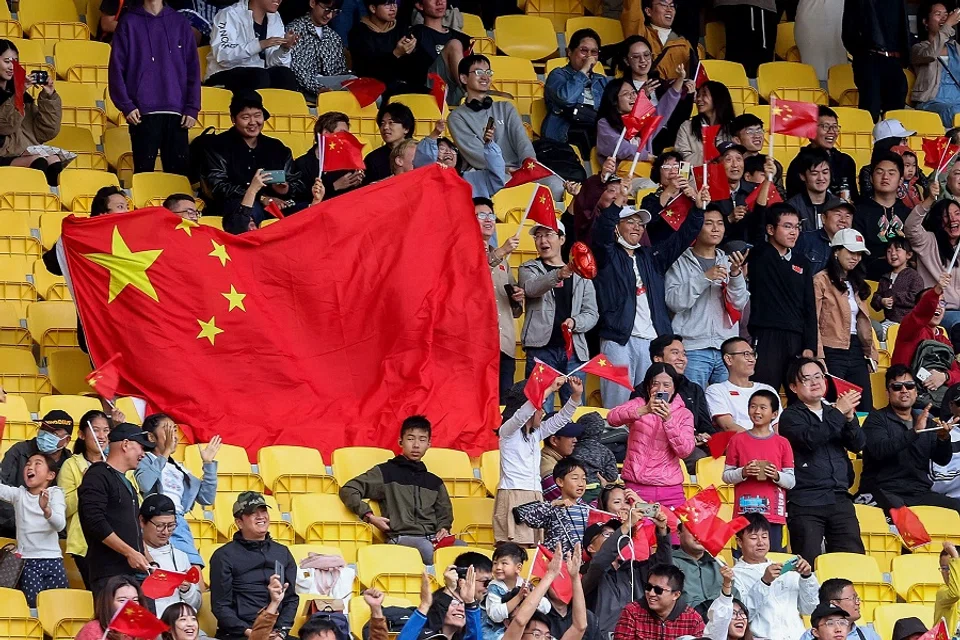
The higher-ups of China's scandal-plagued soccer league have landed themselves in the soup. Since 26 November 2022, investigations have been launched into Li Tie, former head coach of the national soccer team; Liu Yi, former secretary-general of the Chinese Football Association (CFA); Chen Yongliang, executive deputy secretary-general of the CFA and head of the national team's management department; Chen Xuyuan, president of the CFA; and other senior officials of the CFA including Wang Xiaoping, Huang Song and Yu Hongchen.
Chinese soccer's anti-corruption storm only proves one thing: China's "whole nation" system (举国体制) has failed to boost its soccer industry. And the significance of that failure? History has proven time and again that the whole nation system is more likely to fail than succeed.
Athletic performance as national strength
In 2017, China's ambition to run the sport of soccer with a whole nation approach left the world in disbelief. China wanted to become a soccer superpower and had gone so far as to turn it into a national programme.
To achieve this ambitious goal, China's major leagues brought in foreign soccer stars from Europe and South America by offering them contracts allegedly worth up to US$40 million a year, the highest salary for any soccer player in the world. A Chinese soccer club had even reportedly offered soccer star Cristiano Ronaldo US$105 million a year, which he turned down.
This whole nation push for sports had originated from the Soviet Union, which saw sports as a political tool and believed that the athletes' excellent performance on the field would demonstrate the superiority of the socialist system over the capitalist system.
The ruling party turned public interest in sports into political education, while an athlete's stellar performance became a source of the ruling party's legitimacy...
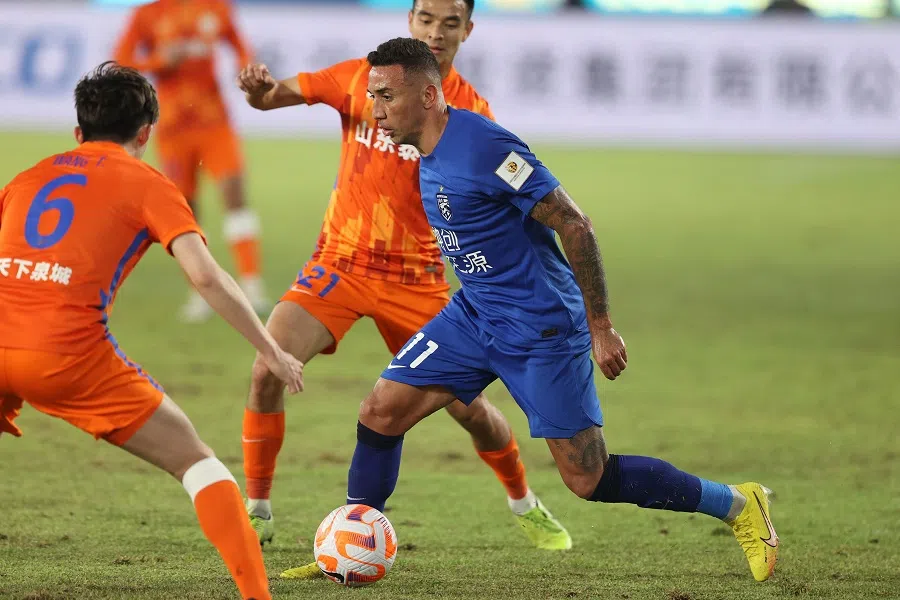
Besides, it also costs less to nurture outstanding athletes than to invest in technology and the economy. The benefits of getting quick results could unite the people, and competitions in the arena became a stage for political propaganda. The ruling party turned public interest in sports into political education, while an athlete's stellar performance became a source of the ruling party's legitimacy, thereby encouraging the public to support the ruling party and embrace communism.
After October 1949, China took lessons from the Soviet big brother and naturally followed the Soviet model of using national power to succeed in sports. The Chinese people basked in pride and excitement after the Chinese women's volleyball team won three straight games including the 1984 Olympic Games - they do not see sports as a fitness or recreational activity but as a symbol of China's success in "standing up". When the Chinese five-star red flag is raised after winning the championship, they see it as a representation of China's greatness.
In reality, there is no inherent link between an athlete's gold medal and a country's strength. But because the whole nation push for sports has tied them together, the Chinese ruling party became determined to heavily invest in soccer amid its players' continued poor performance, and wait for the day Chinese soccer rises.
Efforts and help from other countries
After six years of a whole nation push for sports, the soccer dream has been crushed amid the fall of senior officials in the Chinese soccer industry. Indeed, there is no correlation between the whole nation system and the soccer industry's success.
The soccer industry had benefited from the inflow of the country's funds due to the whole nation system. But while massive funds are helpful for the sport's development, whether soccer players are able to achieve remarkable results depends not only on financial resources but also on a combination of factors such as the athlete's physical and mental condition, their cultural background in relation to soccer, and their training methods.
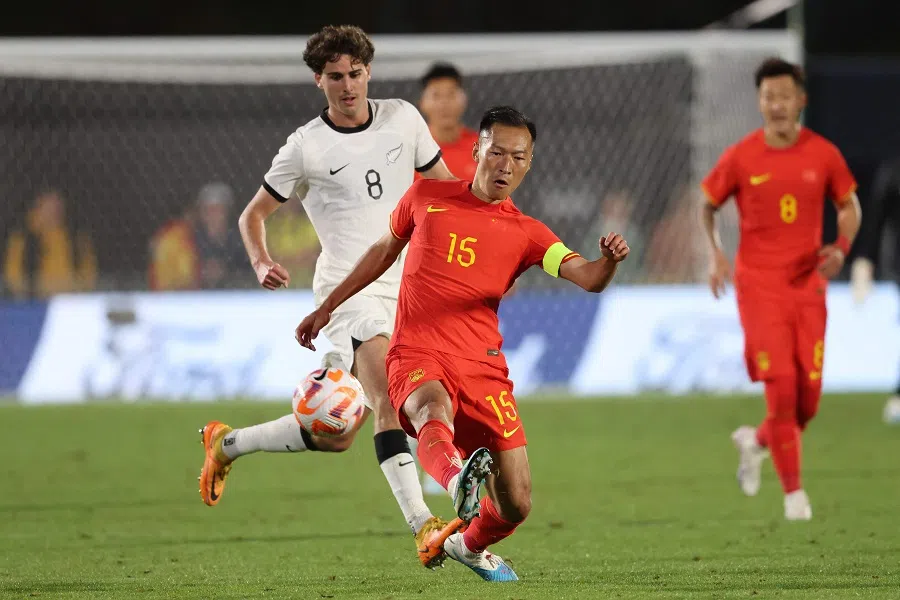
In a country that lacks the rule of law and public opinion supervision, and a society that puts money above all else, giving a hefty sum to the soccer industry will only bring about appalling corruption.
China is betting on the wrong horse in banking on the whole nation system as the main path to achieving its aims. Mao Zedong used the whole nation system to implement the Three Red Banners - the General Line for socialist construction, the Great Leap Forward and the people's communes - only for the ridiculous Great Leap Forward to throw China into disaster, causing some 30 million Chinese people to die in peacetime.
During Mao's time, the gap widened between the West and China under the whole nation system. The "two bombs and one 'star'" (the atomic bomb, hydrogen bomb and artificial satellite) that China was so proud of was propped up as a classic example of the success of the whole nation system.
The truth was that the success of the bomb and satellite programme was largely due to the close political ties between China and former Soviet leader Nikita Khrushchev. In 1956, the Poznań protests in Poland against Soviet rule broke out, as well as the Hungarian Revolution; meanwhile, in 1957, Vyacheslav Molotov and other senior members of the Soviet Communist Party moved to overthrow Khrushchev. At Khrushchev's request, the Chinese Communist Party Central Committee openly supported him and the Soviet Communist Party. China leveraged Khrushchev's political request in exchange for help, to which he quickly agreed.
Indeed, the programme found success by combining Soviet technology with students and experts who spent time in the US, and the whole nation system of "doing great things with concentrated power"...
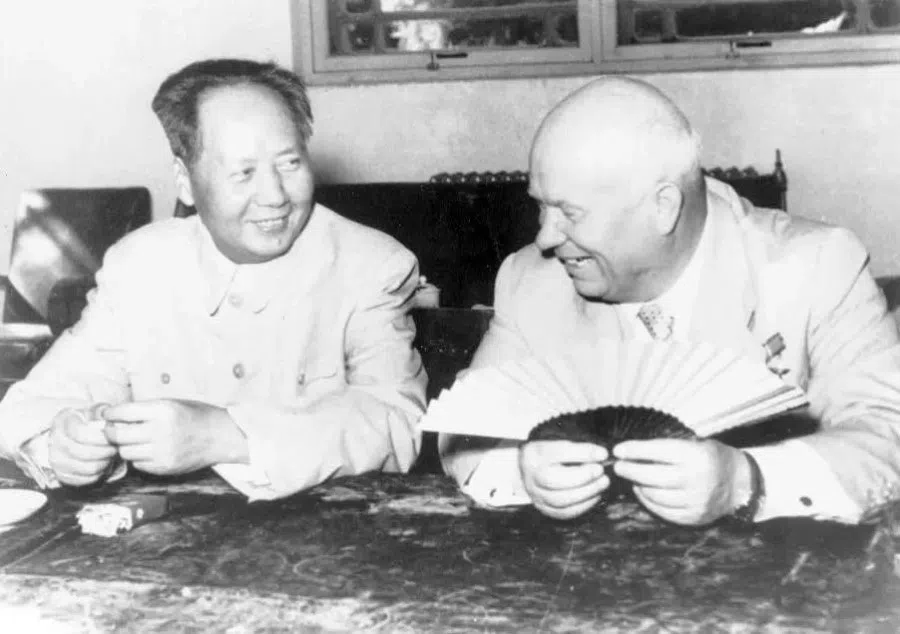
From late 1957, the Soviet Union provided nuclear facilities and R-2 missiles as samples to start China's missile efforts, and sent nearly 1,000 experts to build uranium mines in Hunan and Jiangxi, a nuclear fuel rod plant in Baotou, a research base in Jiuquan, and a test facility in Xinjiang. China officially entered a new phase of nuclear industry construction and development of nuclear weapons.
Those involved in China's bomb and satellite programme were students or experts who came back from the US, including Chinese engineer Qian Xuesen. Indeed, the programme found success by combining Soviet technology with students and experts who spent time in the US, and the whole nation system of "doing great things with concentrated power" (集中力量办大事) - the whole nation system would be an empty shell if not for the Soviet technology or the US-trained students and experts.
One example of how the whole nation system has succeeded is China's high-speed rail (HSR). However, without the technology from France, Germany and Japan, no amount of funding by the whole nation system would have led to today's HSR.
The failure of the initiative highlights that the production of chips cannot be advanced by throwing money at it - the various parts of the process are a result of decades of effort by countries and companies...
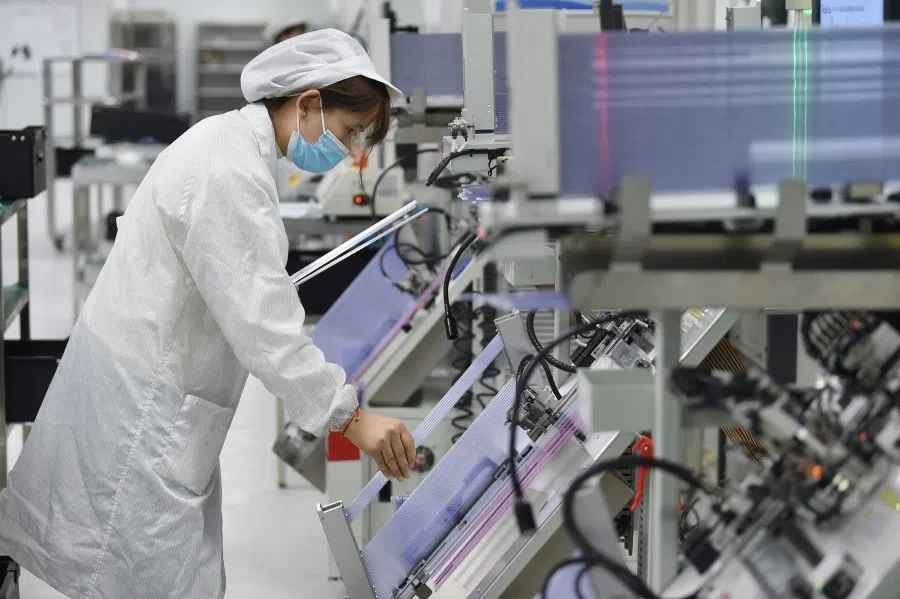
The same reasoning would apply to the failure of China's "Great Leap Forward" in chips (芯片大跃进). Around August 2022, there was a corruption crackdown in China's chip sector, with many industry leaders being removed and investigated as trillions of RMB in national funding went up in smoke. The failure of the initiative highlights that the production of chips cannot be advanced by throwing money at it - the various parts of the process are a result of decades of effort by countries and companies, and it would take decades for China to feel its own way to manufacturing high-end chips without such technology.
Blind faith in the system
For the whole nation system to succeed, there has to be certain support, without which mobilising the system would only lead to enormous waste and greed.
Unfortunately, it seems that the Chinese leaders may not have learned from the failure of the whole nation system. On the contrary, China is still pushing for using the system to develop the chip sector and projects in many other sectors. Why is this so?
China's political system dictates that China does not trust the West and can only do things based on its whole nation system. Doing something might be better than doing nothing - politics trumps the economy, and political significance trumps economic benefits.
The flaw in the whole nation system is that it ignores actual conditions and blindly believes that as long as the system is activated, miracles will happen.
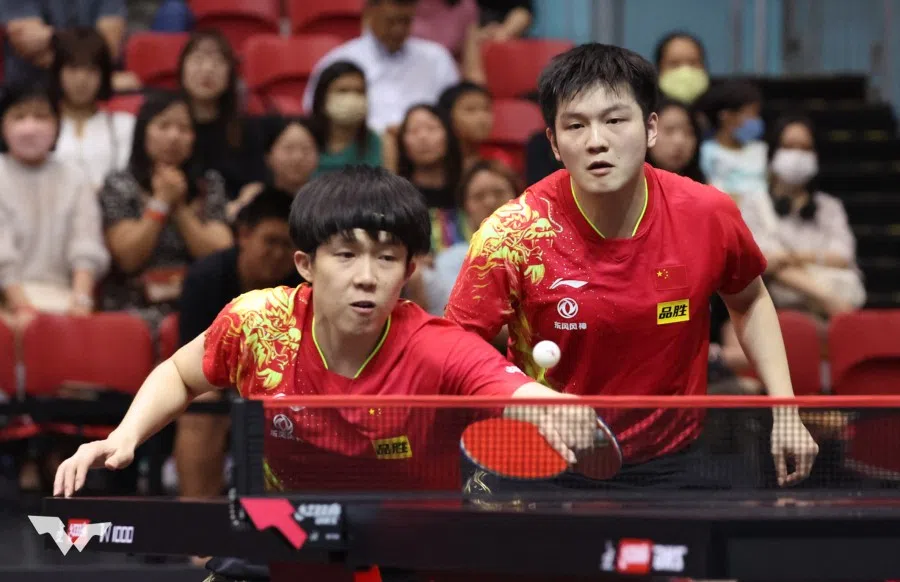
I believe that sports such as gymnastics and table tennis are better suited for the Chinese physique, but when it comes to more physically demanding sports such as soccer and basketball, there is an obvious gap between the physical condition of the Chinese and that of white and black people. Also, sports such as soccer and basketball require team collaboration - individual Chinese might succeed with effort, but it is difficult for the Chinese to work together in a collective situation as they themselves are not united.
The flaw in the whole nation system is that it ignores actual conditions and blindly believes that as long as the system is activated, miracles will happen.
Related: How China might just win the China-US competition of governance systems | Modernise China's governance? Get rid of deities and emperors | China needs to rethink its regulations and governance of the platform economy | China's governance model: The way forward for today's world? | Escaping the new Cold War: Fostering understanding between China and the West | A new paradigm needed: China cannot achieve 'common prosperity' with Marxism and class struggle
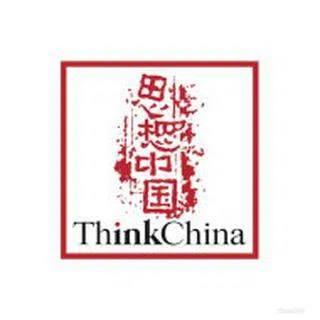

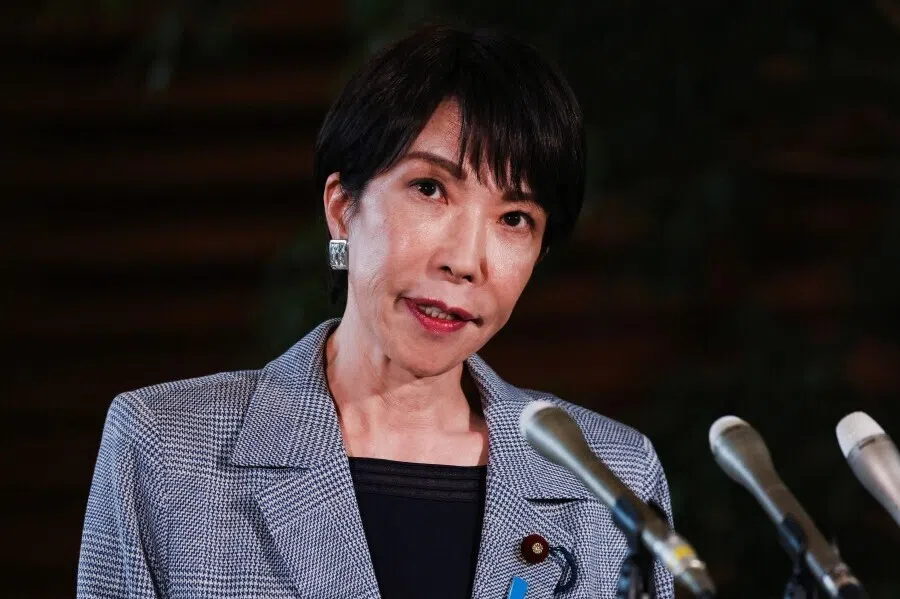
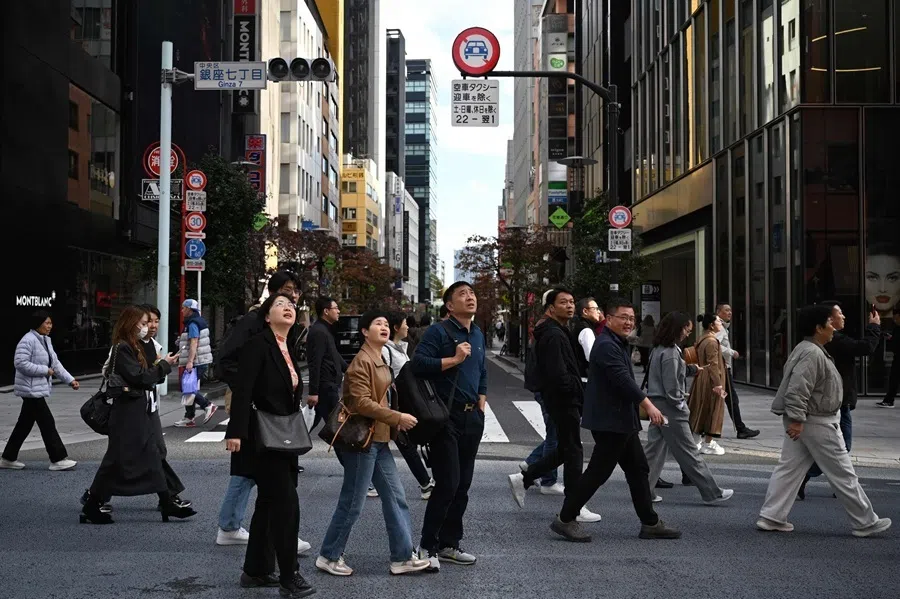
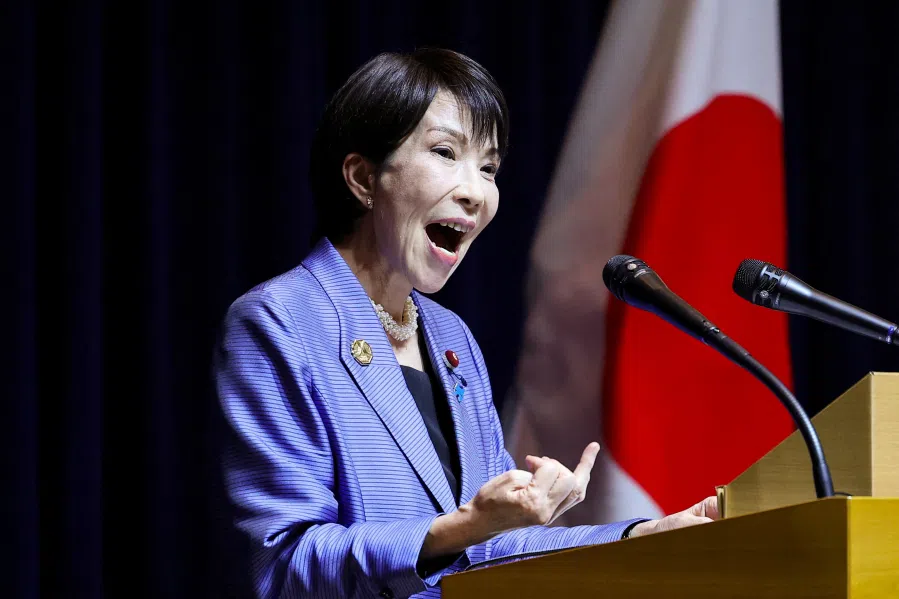
![[Big read] China’s 10 trillion RMB debt clean-up falls short](https://cassette.sphdigital.com.sg/image/thinkchina/d08cfc72b13782693c25f2fcbf886fa7673723efca260881e7086211b082e66c)